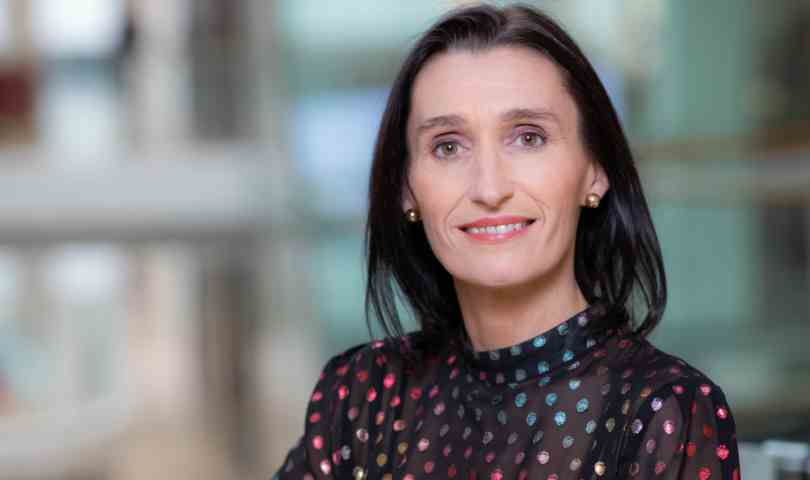Vodafone has announced that adoption of its Internet of Things (IoT) technology in Ireland has increased by 18% over the past year.
IoT is the network of physical objects and devices capable of talking to each other and interacting with the environment by virtue of being connected to the internet.
Debbie Power, IoT country manager at Vodafone Ireland, said Ireland is a significant test-bed for the use and adoption of IoT solutions across sectors such as healthcare, agriculture, and fleet and transport.
In the digital health arena, industry and healthcare services have progressed efforts to develop new IoT solutions in the response to the Covid-19 pandemic, Power added.
“Through a strategic partnership with the UCC Assert Centre and 8West, Vodafone is providing IoT connectivity for a system that remotely identifies healthcare staff who may be developing a temperature,” Power explained. “It is currently being trialled by frontline staff at Cork University Hospital and staff at a care home in Cork.
“As we look beyond the crisis, measures like remote patient care and monitoring through IoT connectivity will help reduce clinic and hospital visits and ultimately infection risk as the crisis continues.”
In terms of practical business applications for IoT, Power instanced Pest Pulse, which uses Vodafone’s Narrowband IoT connected devices to monitor commercial sites for pests 24/7. The wide area coverage and extended battery life allows for devices to be placed in basements and back areas for long periods of time whilst staying connected.
According to Power (pictured), manufacturing is an area set to increasingly adopt IOT and 5G solutions for automation and efficiency in the production of goods.
“Greater awareness and recognition among Irish enterprises is leading to increased automation and efficiency for those embracing digital transformation,” said Power.
“Combined with the advancement of 5G capabilities and the possibilities brought through Mobile Private Networks, there is significant potential to revolutionise this sector in Ireland in the coming years.”












